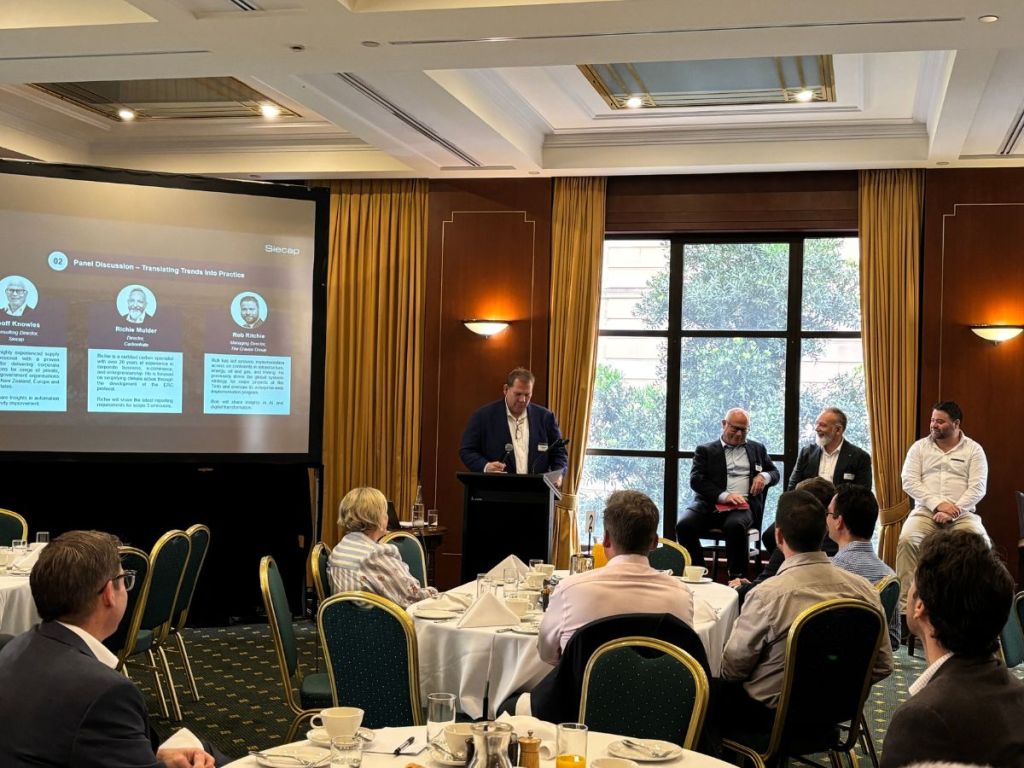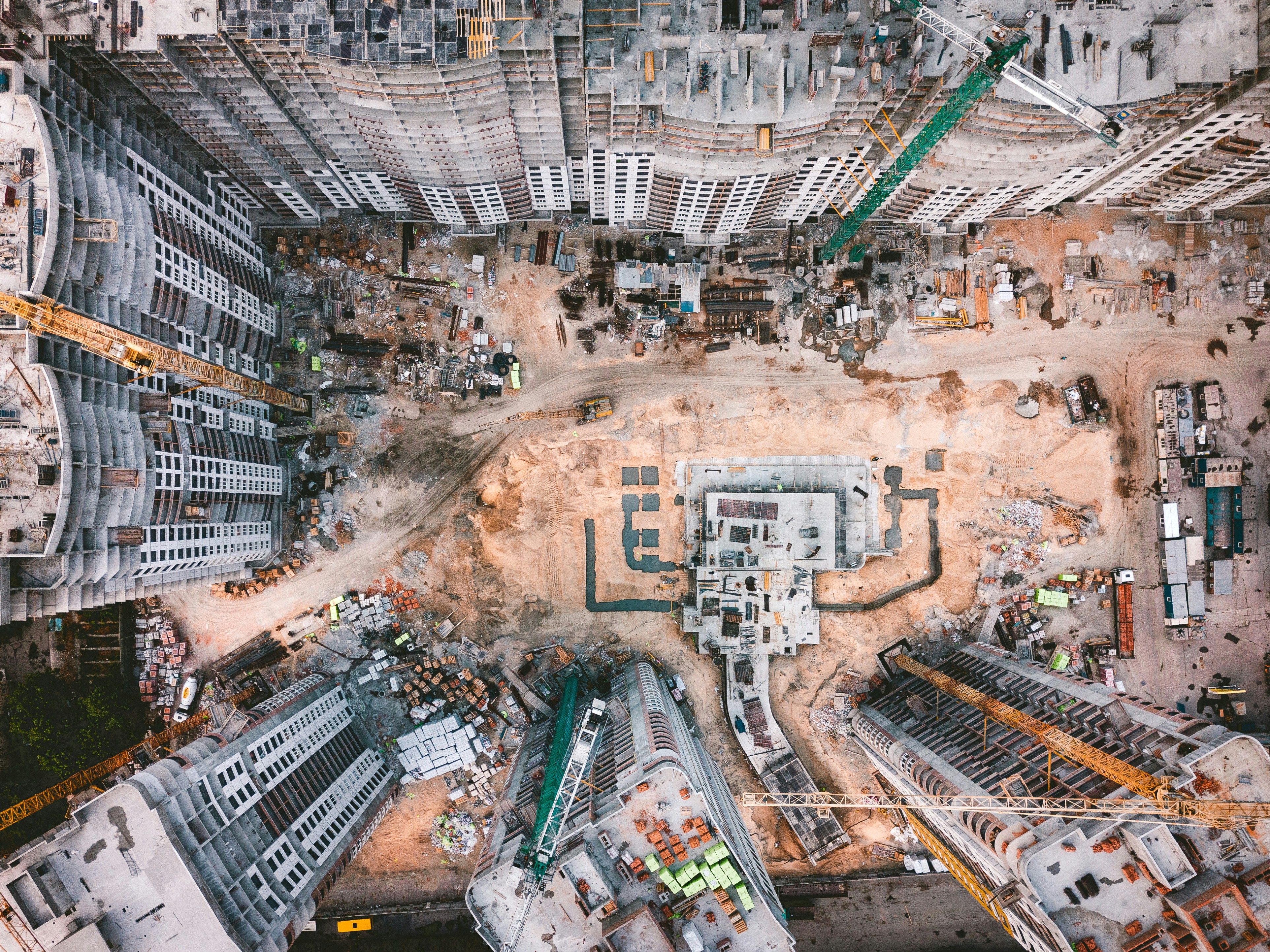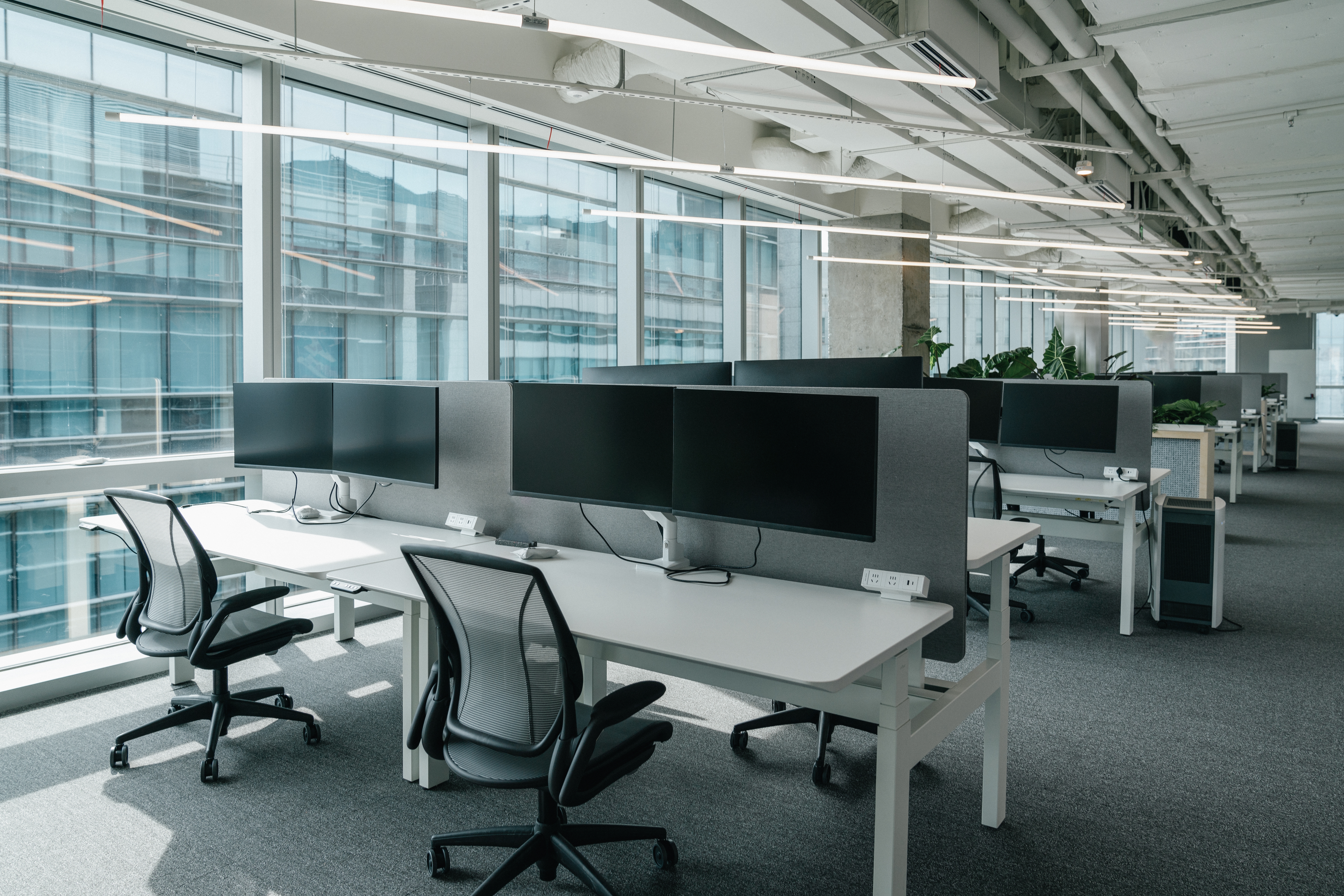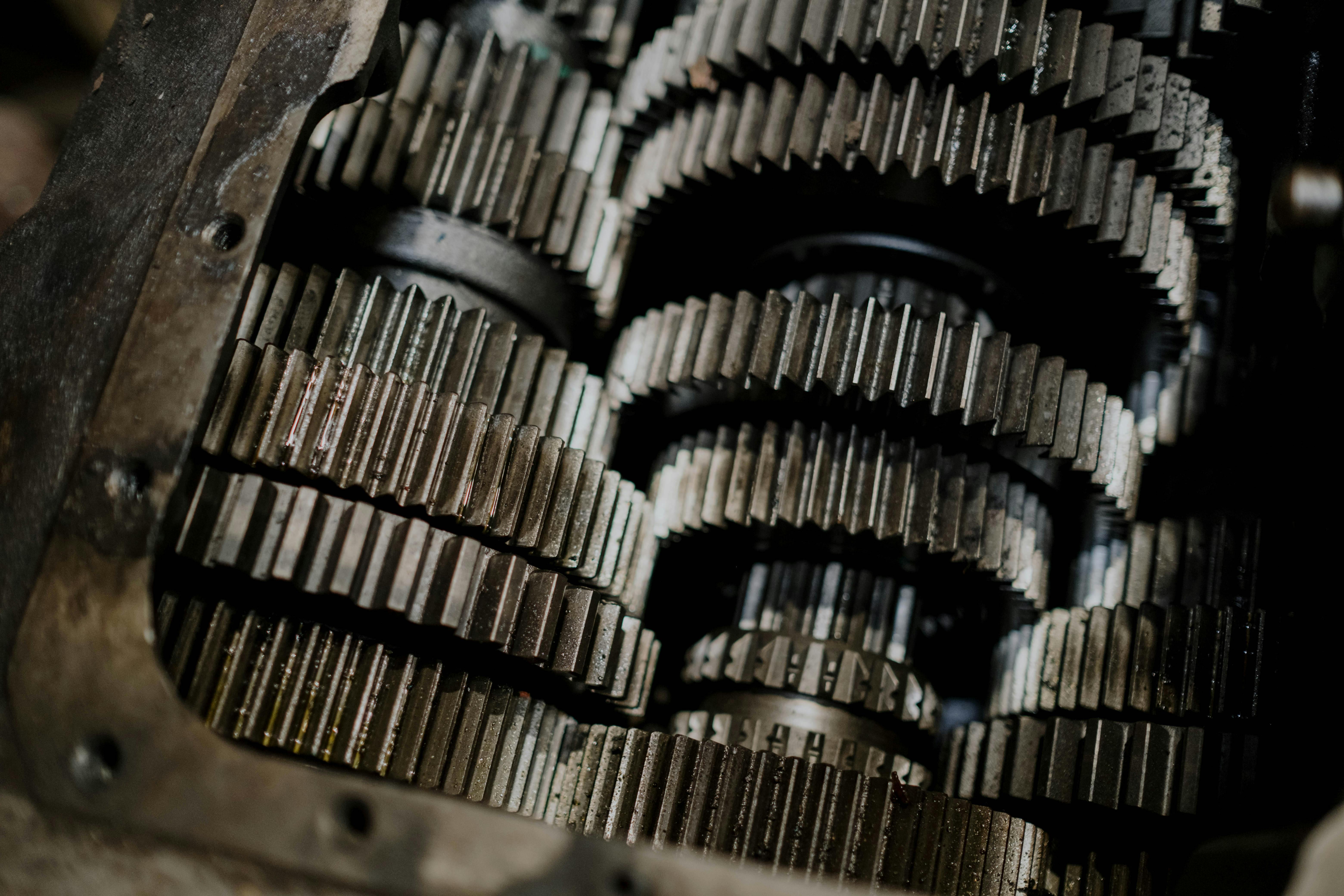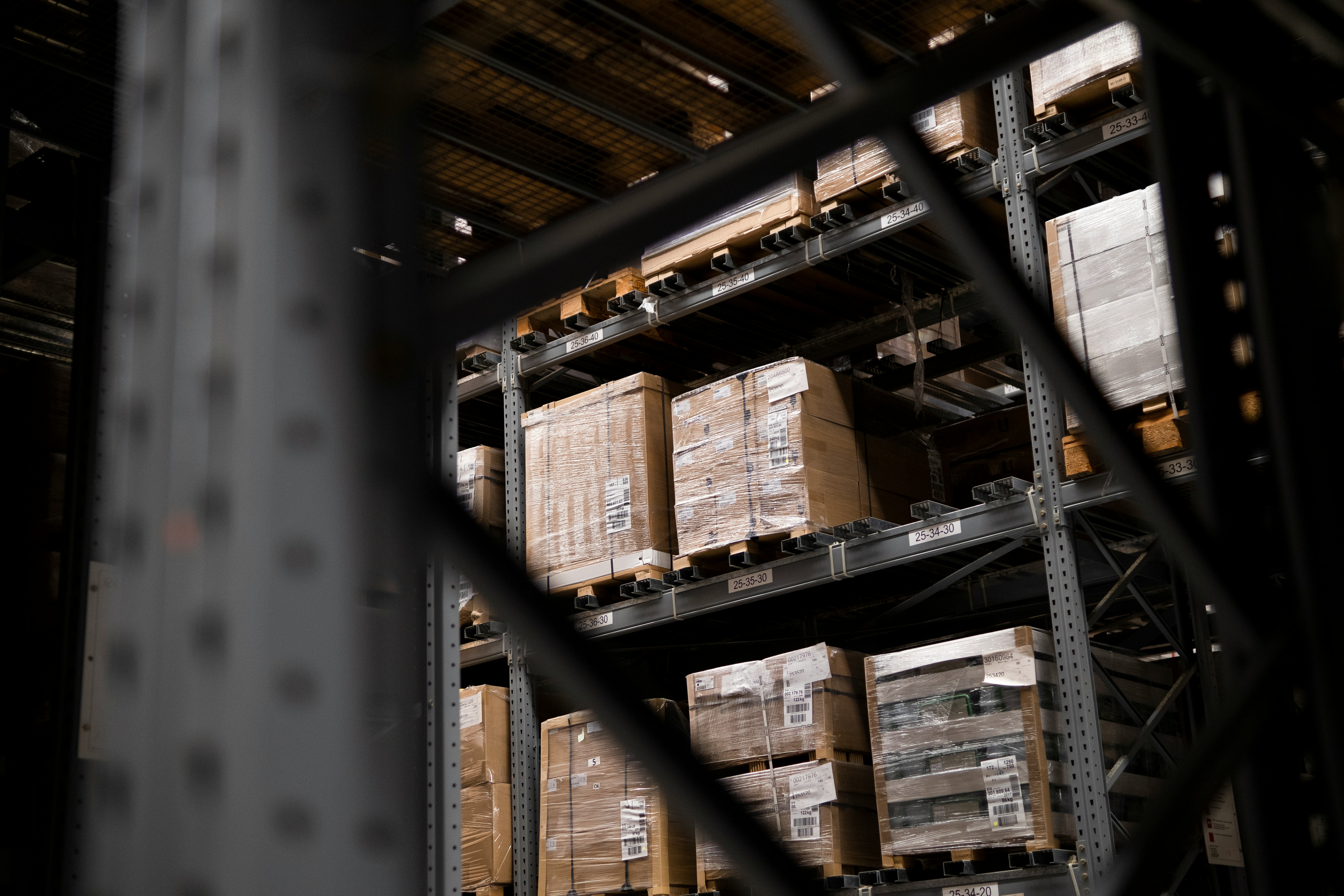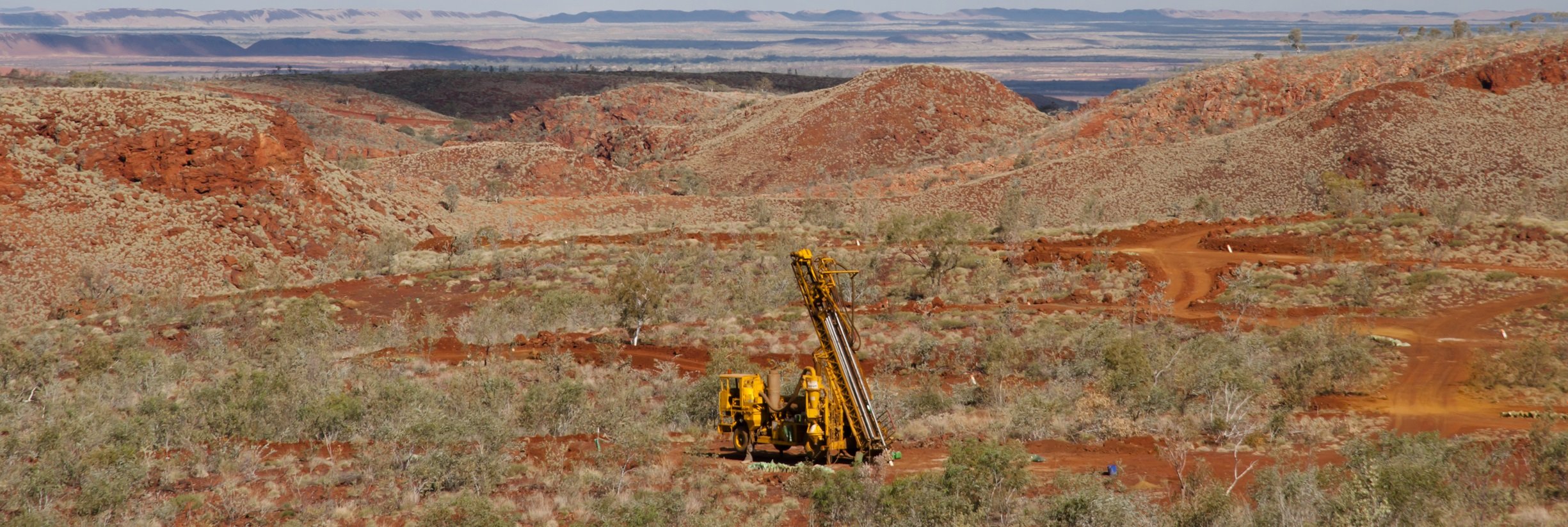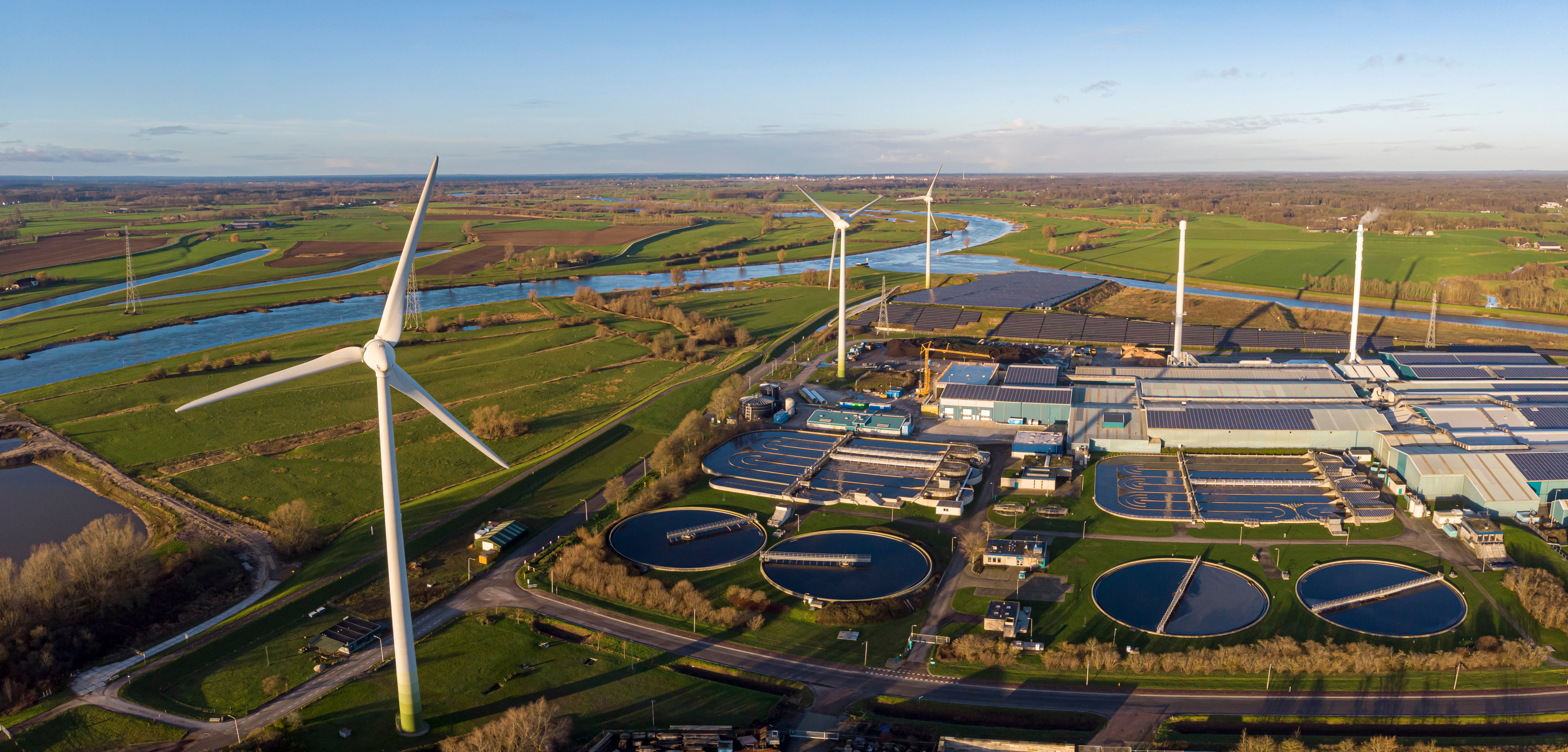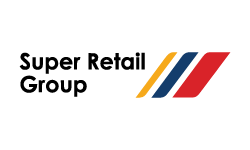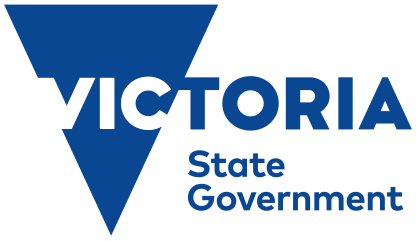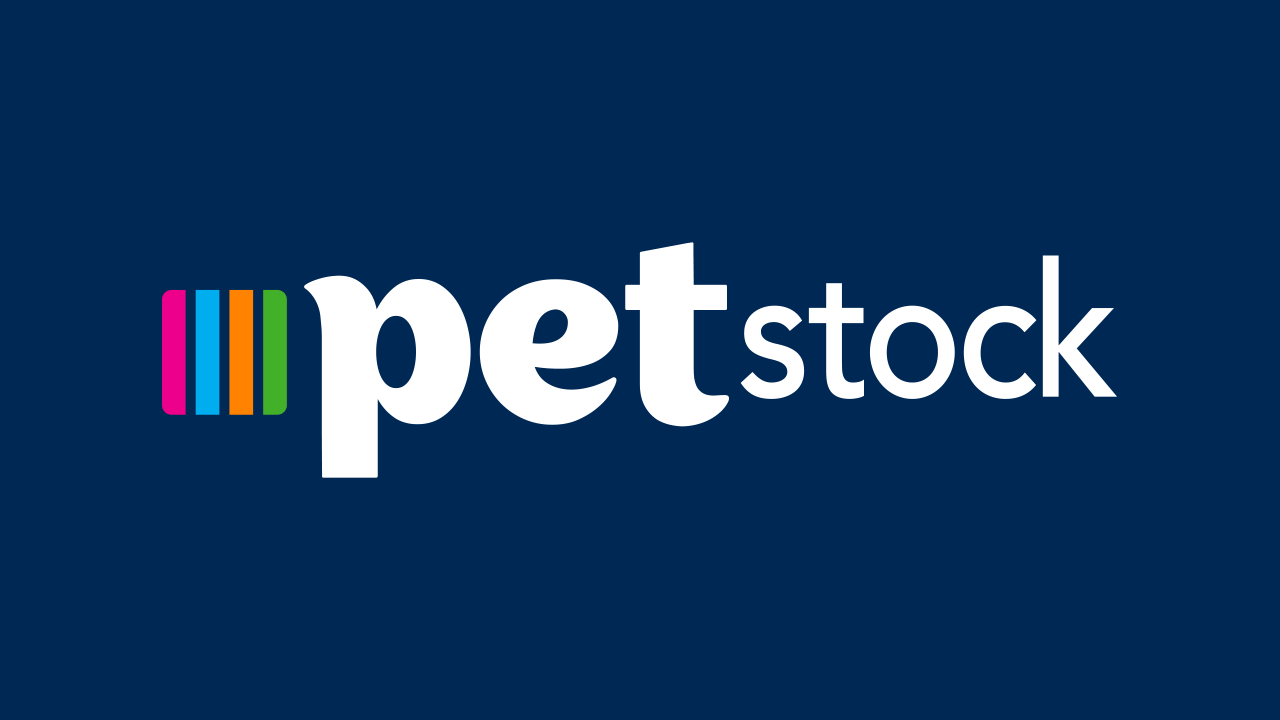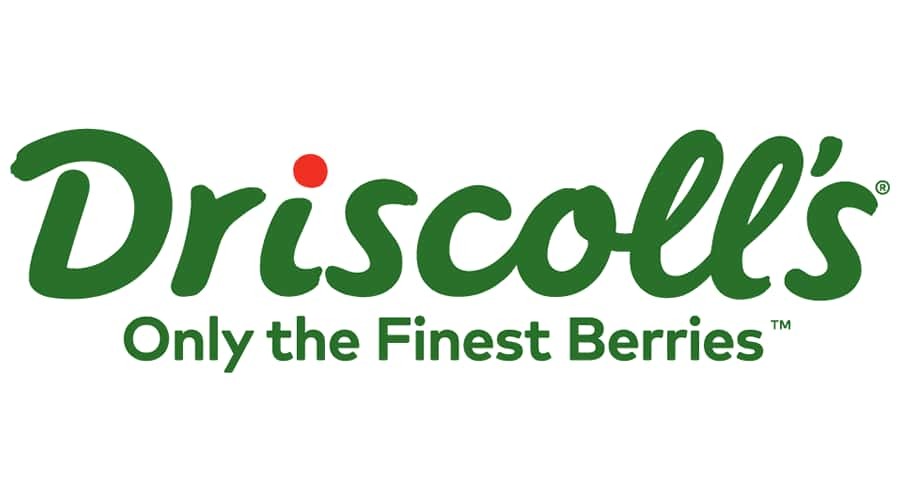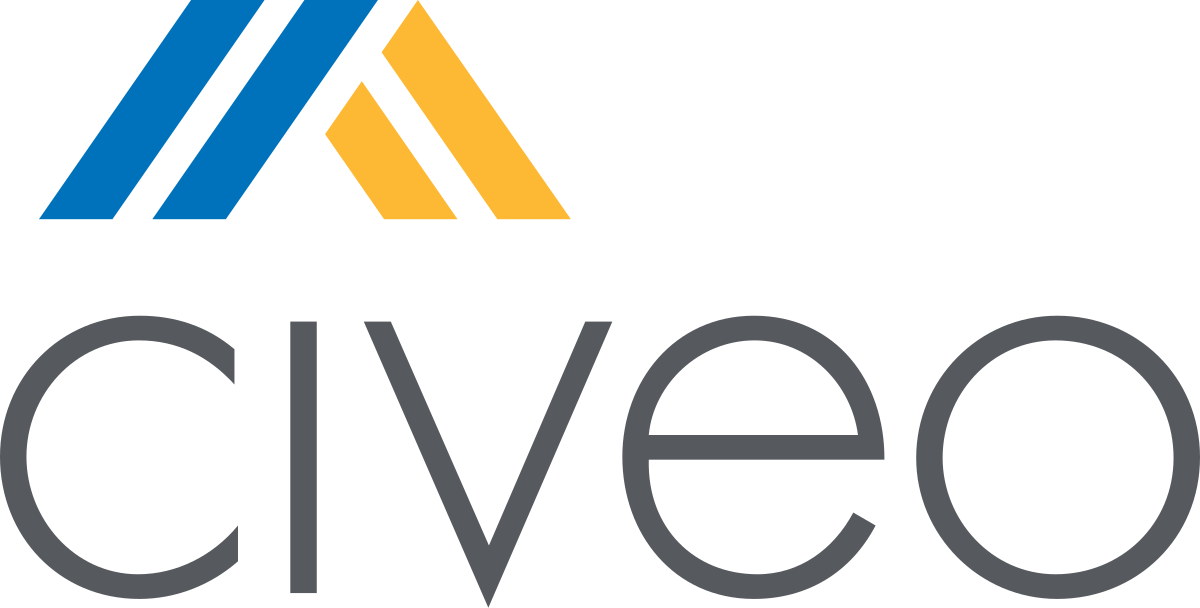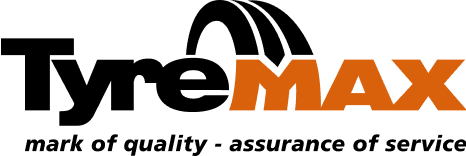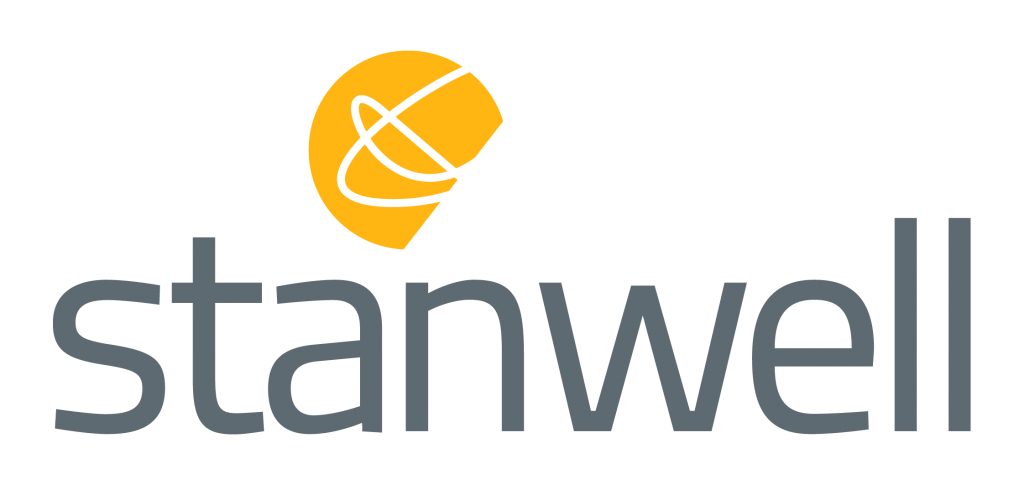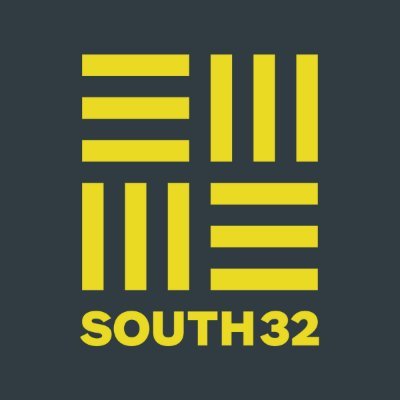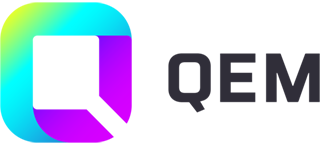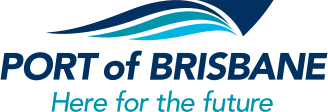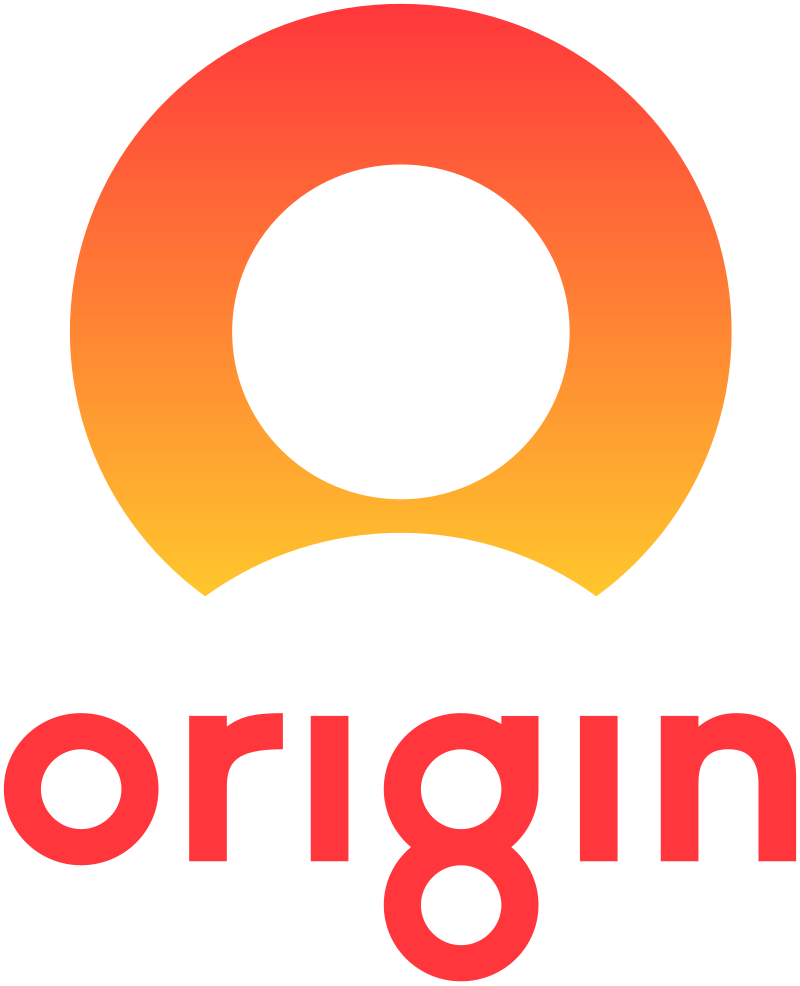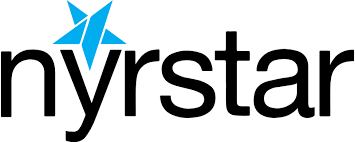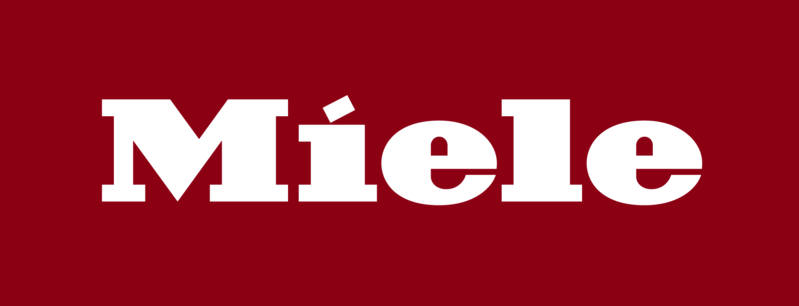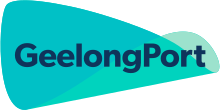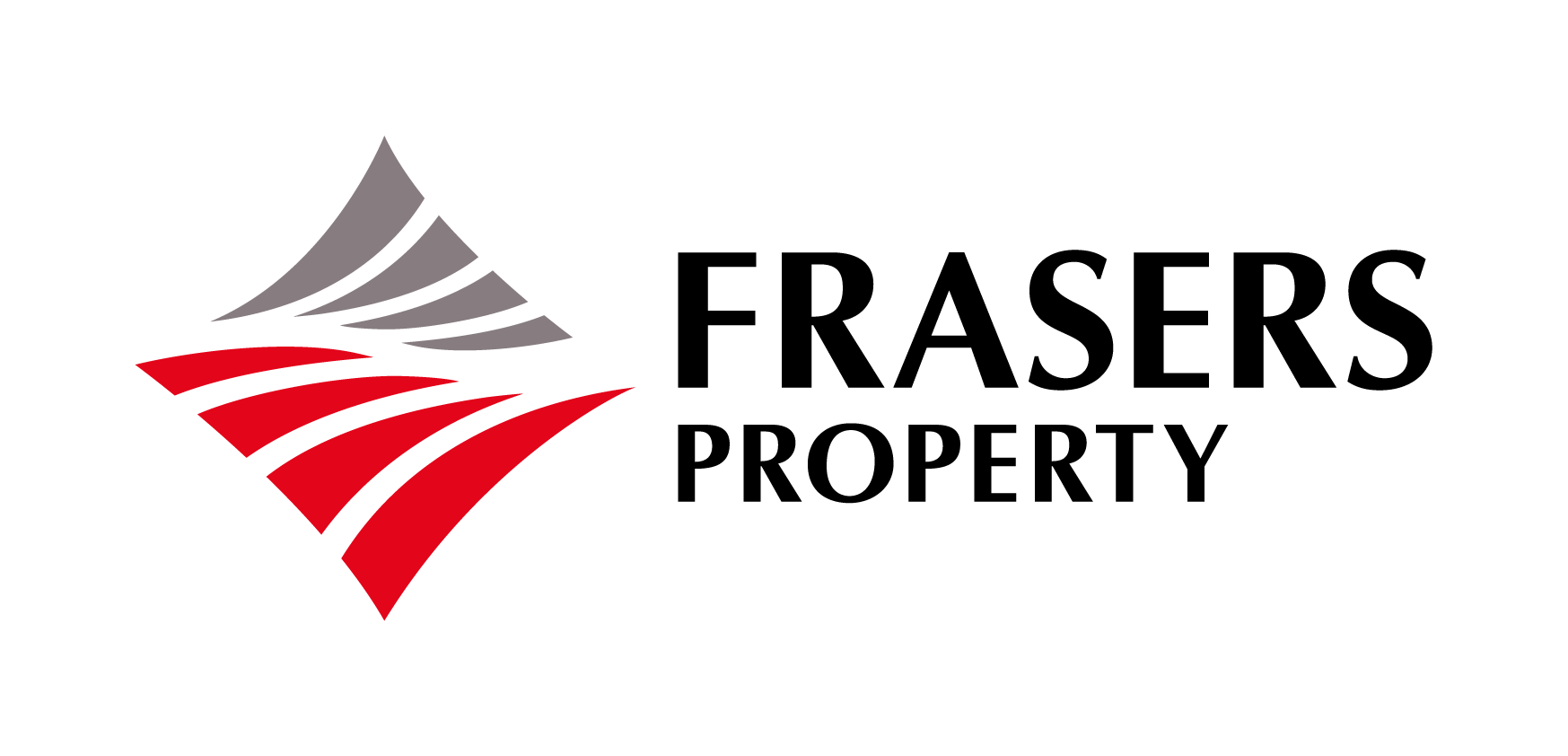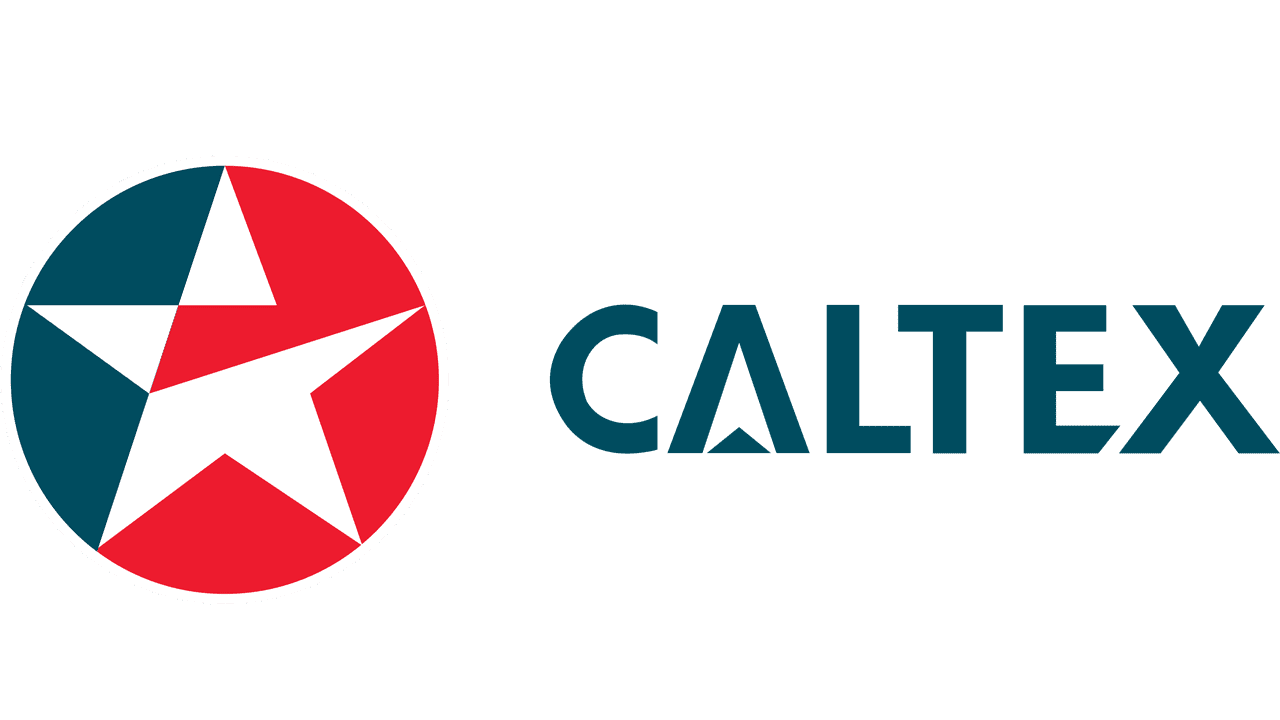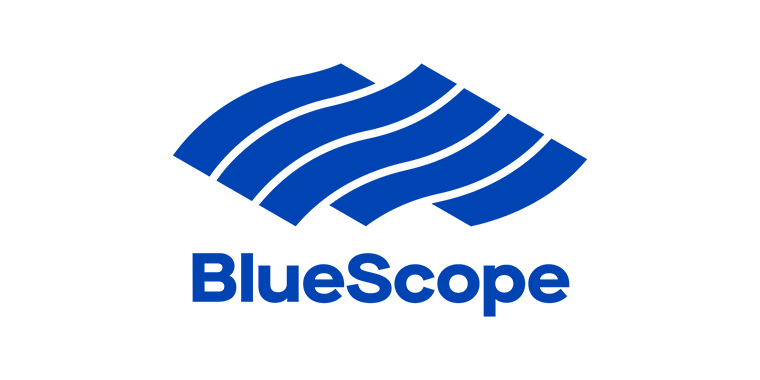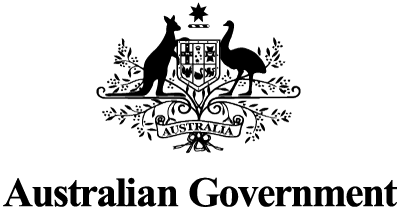As organisations across mining, energy, infrastructure and logistics prepare for a new operating environment in 2025, the landscape has never been more complex. Volatile commodity markets, AI acceleration, regulatory pressure, capital constraints and a rapidly evolving workforce are combining to reshape the foundations of supply chain performance and project delivery.
At last week’s Siecap Industry Breakfast in Brisbane, held in partnership with CarbonHalo and The Craven Group, industry leaders came together to unpack the key trends driving this change and explore practical ways to adapt.
The event brought together clients, partners and senior decision-makers from across the public and private sectors. In a world many are now calling one of “permacrisis,” the discussion was grounded in one central question:
How can businesses thrive amid sustained complexity, not just survive it?
Two Interconnected Priorities: Productivity and Performance, Sustainability and Assurance
While many industry conversations focus on digitisation or decarbonisation as distinct areas of focus, the expert panel emphasised how deeply interlinked they have become.
To remain competitive, organisations must improve productivity. But doing so now requires better assurance frameworks, stronger governance, and more responsive operating models.
These imperatives are not in conflict. They reinforce one another.
“Efficiency without clarity is just accelerated waste.”
— Geoff Knowles, Consulting Director, Siecap
Global, National and Social Trends Reshaping the Landscape
The panel explored a wide range of trends now impacting supply chains and project environments.
1. Global Disruption and Technological Acceleration
- Geopolitical instability and tariff-driven trade shifts are prompting organisations to rethink sourcing strategies and investment decisions
- AI and automation are advancing at speed, with more than 40 percent of global jobs expected to be impacted in the next decade
- Resource volatility continues to disrupt planning, with minerals and energy prices now more unstable than traditional oil benchmarks
2. Workforce and Social Shifts
- Millennials and Gen Z now make up the majority of the Australian workforce, driving new expectations around leadership, work design and purpose
- Shifts in energy generation, particularly solar and battery technology, are driving new industrial demands
- Organisations are under increasing pressure to deliver transparency, responsibility and cultural alignment in supply chains
3. National Constraints and Delivery Pressures
- Labour and housing shortages are pushing delivery costs higher
- Capital allocation is tightening, driven by interest rate cycles and population growth
- Project timelines and operating margins are being compressed across infrastructure and asset-intensive industries
Translating Trends into Practice: Groundwork Before Automation
The session’s core message was clear. AI is not a shortcut. Without the right foundations, it simply magnifies problems.
“If your processes are broken, AI just gets you to the wrong outcome faster.”
The panel emphasised that before organisations deploy automation tools, they need to build a stable foundation that includes:
- Clean, reliable data
- Structured processes that support quality decisions
- Clear objectives and visible operating frameworks
- Integrated systems that promote agility and assurance
Rob Ritchie, Managing Director of The Craven Group, described how many digital transformations fall short because organisations begin with technology rather than context. Strong operating models and robust information structures are essential. Without them, automation merely accelerates inefficiency.
Assurance as a Strategic Advantage
Richie Mulder, Director of CarbonHalo, spoke to the evolving regulatory environment and the growing burden of compliance. Scope 3 emissions reporting, ESG transparency, and new accounting standards such as AASB S2 are forcing leaders to rethink how data is collected, interpreted and used.
These requirements are often seen as obstacles. But Richie reframed them as opportunities to drive operational discipline, demonstrate transparency and earn trust.
Organisations that treat assurance as a strategic tool rather than a reporting requirement are more likely to build resilience and long-term value.
Reimagining Work: Operating Model Design for Modern Challenges
Geoff Knowles highlighted the shift in how work is structured. Rigid hierarchies and siloed teams are giving way to modular, multi-skilled units that can move quickly and adapt to complexity.
Rather than defaulting to in-house delivery or linear project planning, leaders are now building capability through a mix of internal expertise and flexible external partners. These teams are structured around outcomes and performance, not just roles or departments.
This way of working is already delivering results in environments where speed, precision and integration matter most.
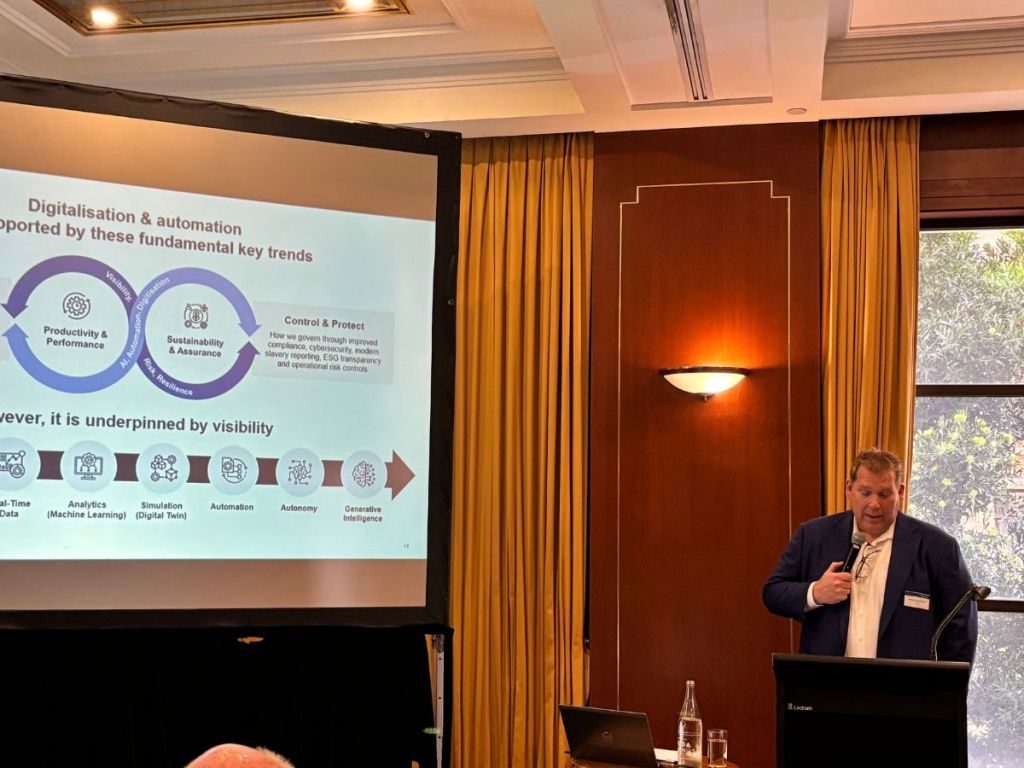
Productivity Requires Purpose
One of the event’s standout insights was the distinction between efficiency and effectiveness.
While many organisations are focused on cost-cutting or throughput, true productivity is only possible when systems, teams and strategies are aligned to deliberate outcomes.
Key enablers include:
- End-to-end visibility across the supply chain
- Tools such as simulation, scenario planning and digital twins to test decisions before they’re made
- A focus on learning and iteration, not just speed or savings
- Culture that supports continuous improvement and accountability
Leading the Human Transition
Henry Brunekreef, Chief Operating Officer at Siecap, closed the session with a reminder that technology will never fully replace the human element.
Automation and AI may shift what work gets done, but it is leadership, strategy and culture that define how well that work is executed.
Where humans remain involved, change management is essential. Behavioural shifts, mindset alignment and stakeholder engagement must be deliberate. Successful transformation is not just a technical project. It is a human one.
“The future of work is designed, not inherited.”
Where to Focus in 2025
As the breakfast concluded, the panel offered five takeaways for organisations ready to navigate what lies ahead:
- Build strong foundations before deploying automation
- Treat compliance and assurance as an opportunity to lead
- Structure teams around outcomes, not traditional job functions
- Invest in data, visibility and decision-making tools
- Lead change with intention, empathy and clarity
Thank You to Our Panel and Participants
Siecap would like to thank all of our guests and contributors, including:
- Rob Ritchie, Managing Director, The Craven Group
- Richie Mulder, Director, CarbonHalo
- Geoff Knowles, Consulting Director, Siecap
- Henry Brunekreef, Chief Operating Officer, Siecap
If you were unable to attend and would like a copy of the event briefing pack, please get in touch.
We look forward to continuing the conversation in our 2025 Breakfast Series and supporting our clients through another year of transformation, strategy and delivery.

